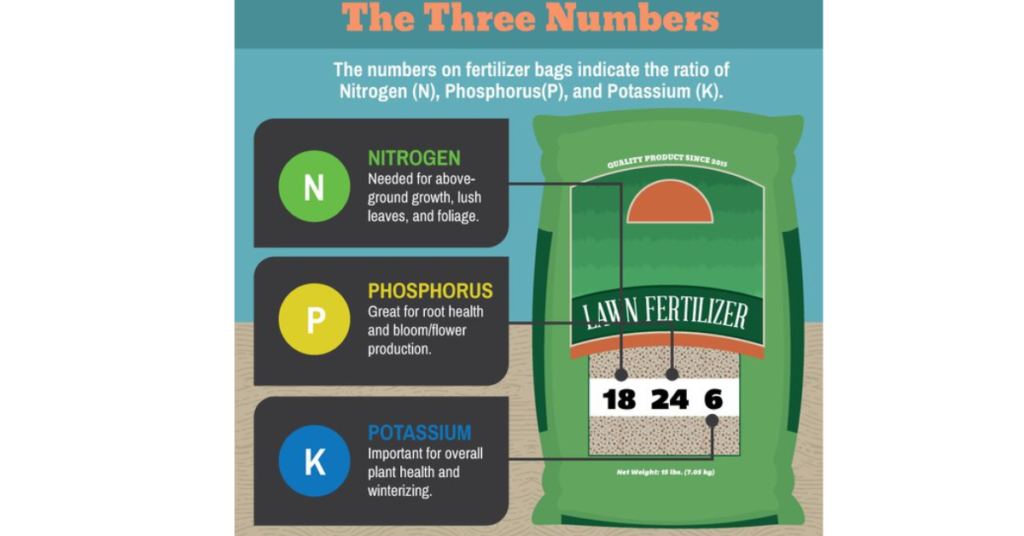Introduction
NPK fertilizer numbers are crucial for anyone involved in agriculture or gardening. These numbers represent the ratio of nitrogen (N), phosphorus (P), and potassium (K) in a fertilizer mix, which are essential nutrients for plant growth. Understanding these numbers can help optimize plant health, yield, and soil fertility.
The Basics of NPK Fertilizer Numbers
NPK numbers, found on fertilizer labels, indicate the percentage of each nutrient by weight. For example, a 10-10-10 fertilizer contains 10% nitrogen, 10% phosphorus, and 10% potassium. This balanced formulation supports a wide range of plants, promoting overall growth and health.
Importance of Nitrogen in Fertilizers
Nitrogen (N) is vital for plant growth, as it is a major component of chlorophyll. It plays a key role in photosynthesis, helping plants convert sunlight into energy. Nitrogen also supports leaf and stem development, making it crucial for leafy crops like lettuce and spinach.
The Role of Phosphorus in Plant Development
Phosphorus (P) is essential for energy transfer and storage in plants. It is a critical component of ATP, the energy currency of cells. Phosphorus also promotes root development, flowering, and fruiting, making it vital for crops like tomatoes and peppers.
Potassium’s Contribution to Plant Health
Potassium (K) is important for overall plant health. It regulates water movement in plants, strengthens cell walls, and enhances disease resistance. Potassium also improves the quality of fruits and vegetables, increasing their shelf life and taste.
How to Read and Interpret NPK Fertilizer Labels

Understanding NPK fertilizer numbers helps you choose the right fertilizer for your plants. A higher first number (N) is ideal for leafy greens, while a higher second number (P) benefits flowering plants. A balanced mix is suitable for general garden use.
Selecting the Right NPK Ratio
Different plants have varying nutrient needs. For instance, root vegetables like carrots require more phosphorus, while fruiting plants like cucumbers need more potassium. Tailoring the NPK ratio to your specific crops can enhance growth and yield.
The Impact of NPK Ratios on Soil Health
While NPK fertilizers provide essential nutrients, overuse can harm soil health. Excess nitrogen can lead to leaching and water pollution, while too much phosphorus can cause imbalances in soil microorganisms. It’s important to use fertilizers judiciously.
Organic vs. Synthetic NPK Fertilizers
Organic NPK fertilizers are derived from natural sources and release nutrients slowly, improving soil health over time. Synthetic fertilizers, while effective, can lead to nutrient runoff and soil degradation if not used properly. Both have their pros and cons depending on the gardening context.
Environmental Considerations of NPK Fertilizers
The production and use of NPK fertilizers have environmental implications. Synthetic fertilizers contribute to greenhouse gas emissions and water pollution. Using organic alternatives and practicing sustainable farming can mitigate these impacts.
Best Practices for Using NPK Fertilizers
To maximize the benefits of NPK fertilizers, apply them according to soil test results and specific crop needs. Avoid over-fertilization, which can lead to nutrient runoff and soil damage. Regularly rotate crops and incorporate organic matter to maintain soil health.
Conclusion
Understanding and utilizing NPK fertilizer numbers effectively can significantly enhance plant growth and soil fertility. By selecting the appropriate NPK ratio and adhering to sustainable practices, gardeners and farmers can ensure optimal plant health and environmental stewardship.
Frequently Asked Questions
1. What do the NPK numbers mean on fertilizer labels?
NPK numbers indicate the percentage of nitrogen, phosphorus, and potassium in the fertilizer, which are key nutrients for plant growth.
2. Why is nitrogen important in fertilizers?
Nitrogen supports chlorophyll production and photosynthesis, promoting healthy leaf and stem growth in plants.
3. How does phosphorus benefit plants?
Phosphorus is crucial for energy transfer, root development, and flowering, making it essential for robust plant growth.
4. Can too much potassium harm plants?
Excessive potassium can disrupt nutrient balance, but it generally improves plant health by regulating water and strengthening cell walls.
5. Should I choose organic or synthetic NPK fertilizers?
The choice depends on your gardening goals. Organic fertilizers improve soil health over time, while synthetic options provide immediate nutrient availability.